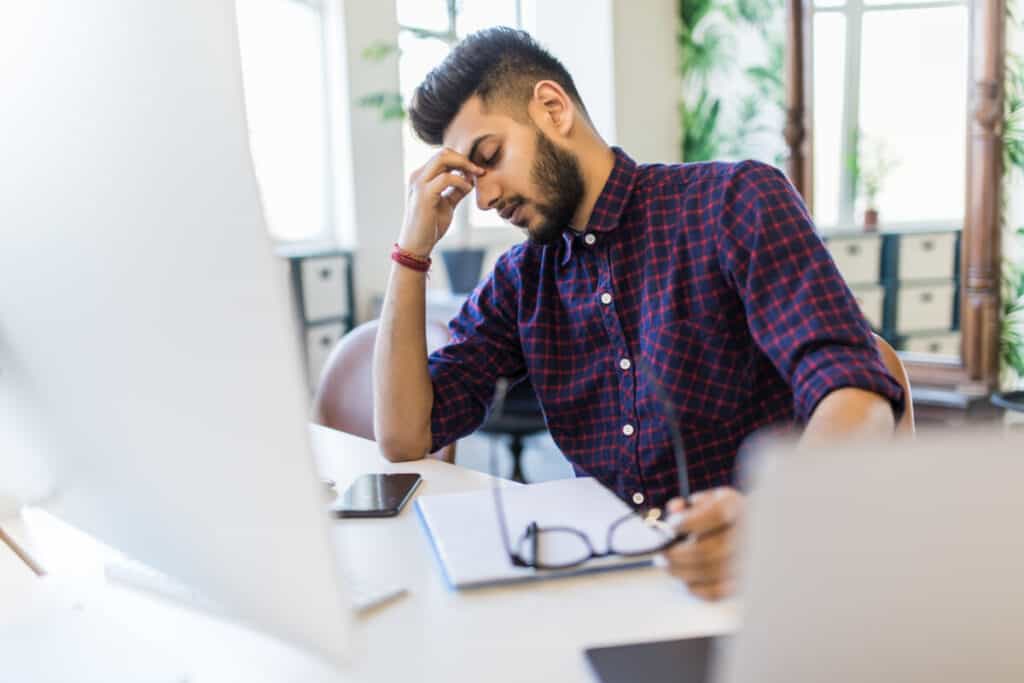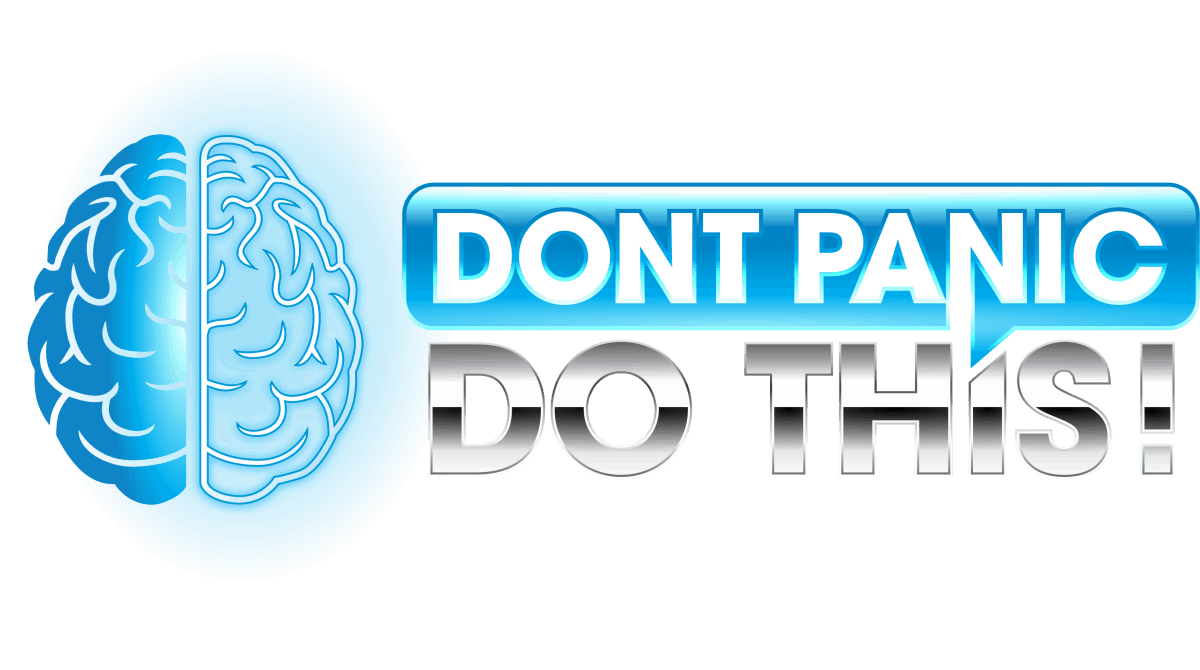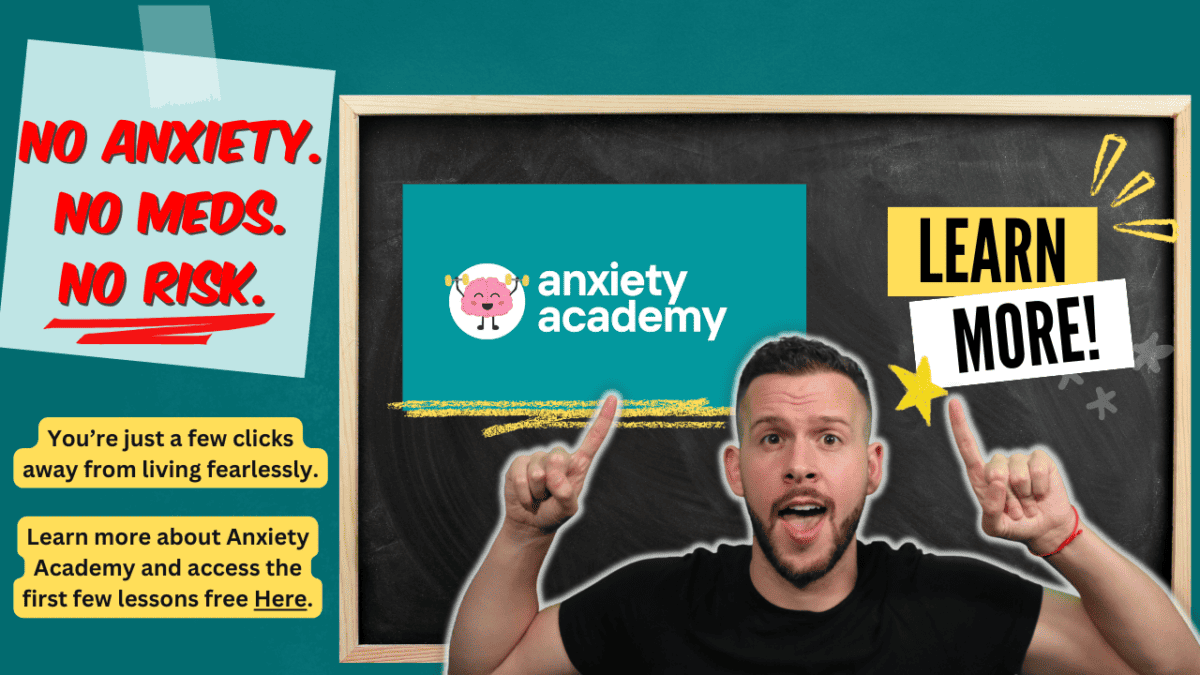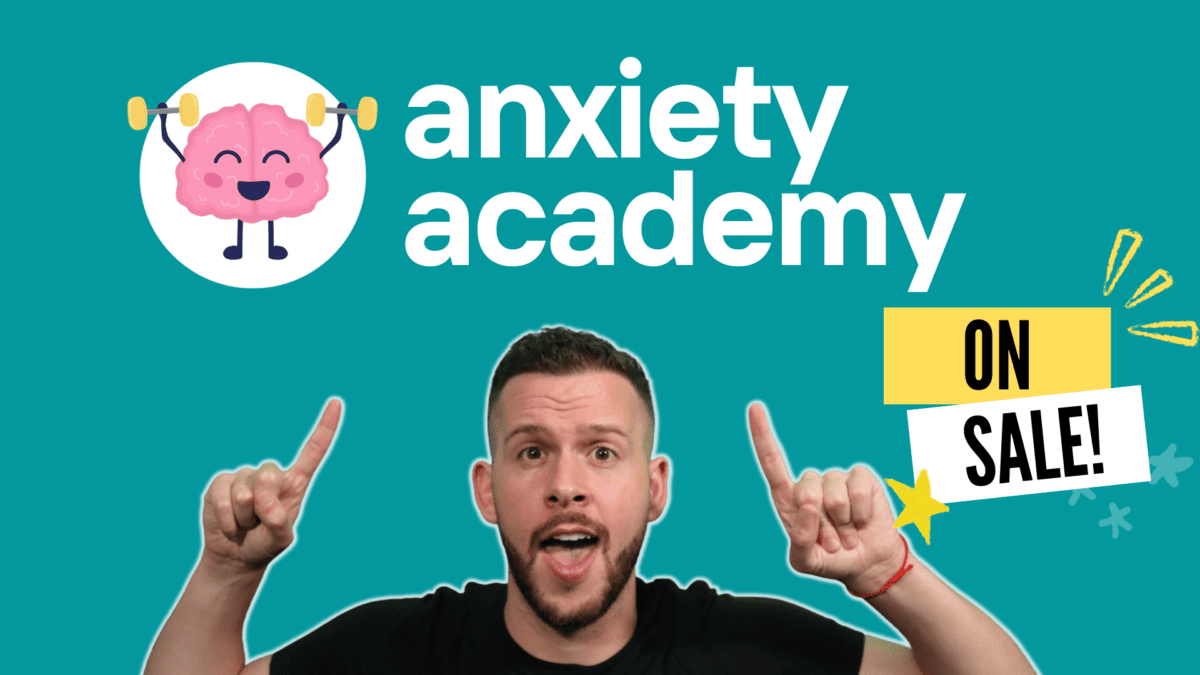The causes of anxiety in humans are incredibly complicated and for many people, it can be difficult to tell what factors are contributing to a prolonged feeling of anxiety. One factor that many people think causes anxiety is your hunger level. So, can hunger cause anxiety?
Being hungry can cause anxiety. Having low blood sugar can signal to the body that it may be in trouble, causing feelings of anxiety and stress. For some people, this can trigger anxiety attacks. Long-term anxiety can also cause appetite loss or a sudden increase in appetite.
But what exactly is the relationship between hunger and anxiety? And what can we do to prevent feelings of hunger from causing anxiety-related problems? The answers to those questions are below.
Can Hunger Cause Anxiety?
Hunger can absolutely cause anxiety. The reason why is pretty simple:
The same bodily networks are responsible for reporting both hunger and stress to the brain. The pituitary, hippocampal, and adrenal systems are all involved in producing the hormones that cause both the feelings we associate with hunger and anxiety, and this makes sense because historically, they do similar things to help the body survive.
In a survival situation, having low blood sugar can make the body significantly less effective. The body also needs to have food in order to survive. Our stress and anxiety responses serve to inform us of dangerous situations and help us to get out of them.

Can Hypoglycemia Cause Anxiety?
Hypoglycemia is another term for low blood sugar. Low blood sugar can cause people to feel nauseous, nervous, and weak. These feelings on their own can be quite scary, which can invoke anxiety.
In people with diabetes who often experience low blood sugar, these feelings can feel even scarier. Because extremely low blood sugar can be fatal, many people develop a fear of hypoglycemia that can worsen feelings of anxiety significantly. (Source)
Fortunately, it's normal for blood sugar levels to fluctuate in people throughout the day. If you're nervous about experiencing hypoglycemia, make a plan to have something that you can eat nearby in all the places that you spend a lot of time in.
Hunger and Panic Attacks
Panic and anxiety attacks can be really scary experiences, and in a lot of people hunger and hypoglycemia can be big contributing factors to an episode.
A panic attack is essentially the body activating its emergency response system. Mechanically, your blood is pumped full of adrenaline so that it will have the energy it needs to act while your brain decides whether to fight, flee, or freeze. It also increases your heart rate, worry, can cause excessive sweating, and can cause many other uncomfortable symptoms of stress.
When experienced outside of an actual emergency situation, this can be terrifying, increasing the feelings of fear and anxiety that led up to the attack in the first place and creating a kind of feedback loop that can feel like the end of the world.
Panic attacks may feel different for different people who experience them. In some people, they manifest as a tremendous increase in uncontrolled energy.
Other people may experience the opposite, where they feel like they can't move their body from a certain spot. This is partially a result of the individual's body's preferred response to danger, whether it's fighting, running away, or playing dead. That being said, freezing responses are fairly uncommon in most people.
Anxiety attacks often describe a less severe version of the same kind of event.
Panic attacks can either be voluntary or involuntary. Voluntary panic attacks are those caused by our own thoughts and fears. While the term voluntary implies that the person experiencing the attack chose to experience it, this is not quite right. Really, it's the cause of the attack that is in control of the person who experiences it. They didn't choose to have a panic attack, but they did accidentally end up on a path that led to one. (Source)
Especially for people who eat regular meals, the symptoms of hypoglycemia may feel like something is seriously wrong, which can cause fear. Being afraid and feeling like things are out of control are two feelings that can often contribute to a voluntary panic attack.
Involuntary panic attacks are caused by things that are out of our control. Chronic stress and hyperstimulation are both common causes of involuntary panic attacks.
Someone who is frequently experiencing hypoglycemia or who experiences hunger after having been stressed over something for multiple days at a time could easily have that hunger be the triggering factor that causes partially benign stress to become a panic attack, especially considering the anxiety that naturally comes with hunger.
While hunger can cause anxiety, it usually isn't 100% of the reason for a panic attack. Much more often, it is a contributing factor, or the straw that breaks the camel's back. That being said, some panic attacks are entirely caused by low blood sugar. Every person is different.
For some people, especially those experiencing low blood sugar for the first time, it's entirely possible that the symptoms could lead to worry that evolves into an anxiety attack over time.
Fortunately, while panic attacks can be incredibly uncomfortable, they aren't actually dangerous. Panic attacks don't have any lasting physical effects on a person. While they may take a couple of hours to recover properly from, they usually aren't don't get any worse than that.
Keeping this in mind can help to make anxiety attacks less severe.
How to Deal with Anxiety From Hunger
The best way to deal with anxiety from hunger is to eat something. For some people, this can be more difficult than it sounds. If food isn't easily available, you should keep in mind that aside from whatever symptoms you're experiencing your body is probably fine.
If you have a friend or coworker nearby, ask them for help. Most people are happy to go and pick up some food from a grocery store or fast-food restaurant for you, especially if you can pay them back.
If that isn't an option, most cities have soup kitchens where you may be able to get something to eat. If you don't know where they are, you might be able to look up their location at a local library or on your smart device.
Unfortunately, it can be more difficult to find solutions to long-term hunger. If you're in a position to help somebody in need, do it.
Can Hunger Cause Headaches?

Both dehydration and hunger can cause headaches. Low blood sugar can cause blood pressure to rise, tightening the blood vessels in the head and causing pain. For many people, low blood sugar can also trigger migraines. (Source)
Headaches caused by hunger or thirst can be solved by eating and drinking, although it often takes fifteen to twenty minutes for the body to digest enough of the food to start feeling better.
If you know that you get headaches when you're hungry, you can prevent them by making sure that you eat on a regular schedule. You can also carry snacks with you to help manage hunger on the go.
As anything that increases stress can contribute to a feeling of anxiety, having a solution to a hunger headache on hand can help alleviate some anxiety as well.
Does Anxiety Affect Appetite?
As much as hunger can have an immediate effect on anxiety, long-term anxiety can also lead to a significant increase or decrease in appetite.
Many people feel hungry when they get anxious. This is a similar response to the reverse, where the body attempts to solve the problem of stress by increasing blood sugar. If somebody is experiencing chronic stress or anxiety, they may also experience a gain in weight corresponding to the increased appetite caused by their stress.
On the other hand, many people have the opposite reaction to anxiety and have their feelings of hunger suppressed. These changes are primarily hormonal, meaning that the anxiety is decreasing the amount of hunger-causing hormones their body is producing.
However, some people experience a lack of appetite because of the physical symptoms that come with their anxiety. People whose anxiety makes them feel sick will often eat less because they feel sick.
Anxiety can also result in diarrhea, constipation, or general indigestion. All of these conditions can lead to a change in appetite very quickly.
How to Deal with Anxiety-Related Appetite Changes
The best way to deal with anxiety-related appetite changes is to manage the stressors that cause anxiety. Your mileage may vary with any technique meant to decrease anxiety, addressing the sources of anxiety may go a long way towards helping to get back to normal eating habits.
You also may be able to alleviate some of the stress through various exercises including meditation, mindfulness, and deep breathing. These can all help your body get out of emergency mode and into a more normal flow.
If your appetite is down significantly, you'll want to make sure that what you are eating is giving you enough nutrients. Soups with a protein source and a good variety of vegetables and fruit smoothies are both good options if you're not going to be eating very much on a given day.
If you're struggling with indigestion as a result of your anxiety, then try eating foods that are unlikely to upset your stomach. You can also keep yourself healthy by sticking to a meal schedule even if you aren't hungry. This will prevent you from ending up in a situation where hunger exasperates already present anxiety symptoms.
Seeing a Doctor
If the stress you're experiencing causes problems so severe that it interferes with your normal functions, or you experience two or more weeks of appetite loss, you should probably consult a doctor for help. For anxiety issues, the doctor may be able to point you to a therapist who can help you work through the problems causing your anxiety. They may also prescribe medication that will help.
They will also be able to check for other physical conditions that may be causing appetite loss. Either way, while the doctor may not be able to completely solve your problem, they can often be the start down a road of healing.
Other Possible Causes of Anxiety
Anxiety can be caused by a great number of different things. Most commonly it is associated with the major stresses in a person's life. School, work, caring for an aging loved one, abuse, romance, or a medical issue can all cause severe stress that lasts for a long time. Having multiple of these occur at once can often cause stress to pile up dangerously quickly.
It can also be caused by immediate issues such as hunger, injury, losing something important, missing an event, showing up late to work, or just about anything out of the ordinary. Feelings of anxiety caused by minor events are real and shouldn't be minimized.
Many medications can also cause anxiety as a side effect. The severity can depend on the person and the medication involved. This phenomenon is observed in illicit drugs as well, including legal substances such as tobacco and alcohol.
Some people may also experience anxiety for little to no reason at all. Anxiety can be an incredibly complex issue.
Other Possible Causes of Appetite Loss

A whole host of problems can cause appetite loss aside from anxiety. More likely, anxiety is likely to be comorbid with lots of other issues that can cause appetite loss including gastrointestinal illness, depression, or pregnancy. (Source)
Many medications can also cause appetite suppression as one of their side effects. Aging can similarly cause a natural decrease in appetites as people lose a bit of their sense of taste and smell.
Athletes may also experience appetite loss as a result of intense exercise. In particular, endurance athletes often experience intense stomach problems after many hours of physical exertion.
Many parasites can also cause appetite loss, although they are nearly unheard of within the United States and other parts of the developed world.
You may also experience appetite loss directly after a traumatic event, such as the death of a loved one, a near-death experience, or being the victim of a crime.
Coping Mechanisms for Anxiety
Whether it's our hunger causing anxiety and panic attacks, or something else entirely, the good news is that these feelings are completely manageable.
The easiest solution for hunger-induced anxiety is, of course, to eat something! However, it's completely understandable that this may not always do the trick.
To learn over 100 different strategies for coping with anxiety and panic attacks, consider checking out our book, Don't Panic, Do This!


